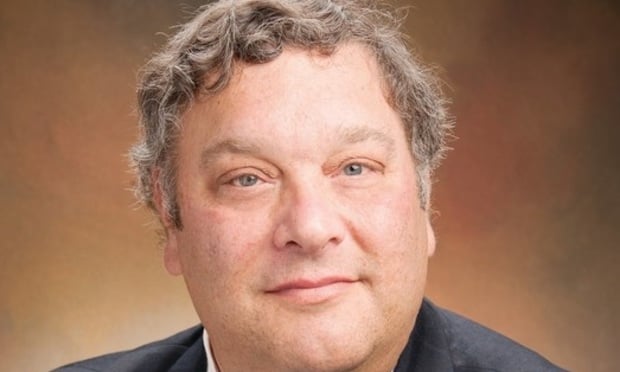When several parties are responsible for a Superfund site, often some parties resolve their obligations to the government before other parties. How the government and the courts account for those settlements matters to the exposure of the remaining parties. Therefore, credits for those settlement payments (or work done in settlement) affects the tactics of settlement order. Conventional wisdom has it that the earliest settling parties and the party with the largest share necessary to completing the work receive the most favorable settlements. But, it is also possible that the party who settles last can do quite well.
As is familiar, parties enumerated in Section 107(a)(1-4) of the Comprehensive Environmental Response, Compensation and Liability Act (CERCLA), 42 U.S.C. Section 9607(a)(1-4), are liable to respond to releases of hazardous substances. Those responsible parties typically bear joint and several liability. The United States may order them to implement the response under Section 106(a), 42 U.S.C. Section 9606(a), and the United States or a state may sue them to recover any costs that the government incurs, Section 9607(a)(1-4)(A). If the United States or a state sues to recover costs or the United States sues to enforce an order, the judgment against a responsible party would typically be for the entirety of the response and all of the response costs.


 David Mandelbaum of Greenberg Traurig.
David Mandelbaum of Greenberg Traurig.




